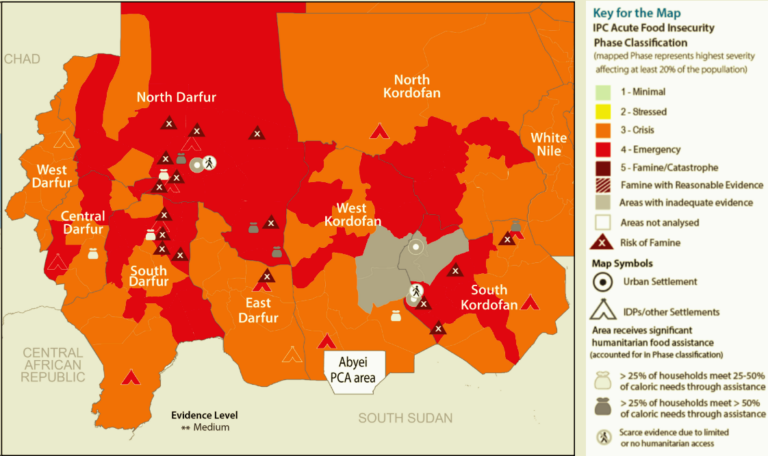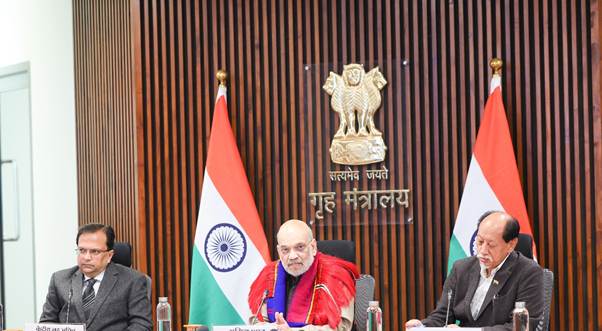
Lens with a heart
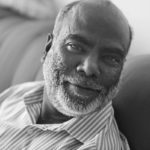 –By Sudharak Olwe*
–By Sudharak Olwe*
Normalising discrimination
Amanganj, Panna district, Madhya Pradesh
Patna Moholla of Ward Number 4 in Amanganj sees almost one fourth of its residents, especially from the upper-caste Thakur and Pandit community, using dry latrines. There are about 30-40 semi-pucca houses belonging to the Valmiki community, situated typically in the outskirts of the village, while the rest of the houses belong to either Muslims or castes like Pandits, Thakurs, Khatiks, Kallar and Tamere.
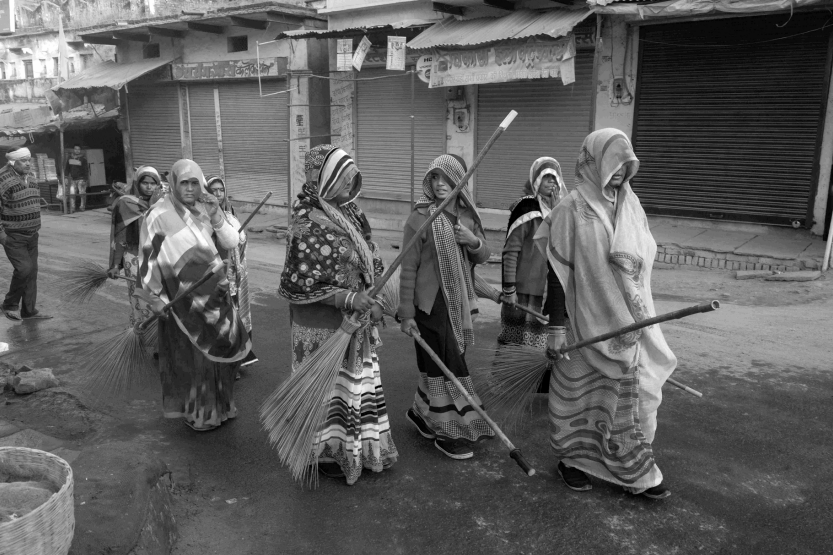
The discrimination faced by the Valmiki community which practises the age-old profession of manual scavenging is painfully omnipresent. The women scavengers narrate their experiences with an eerie indifference as if it were normal and business as usual. “We are not allowed to drink tea in any restaurant here. Even if we go to one small tea shop, we are served in disposable plastic glasses while others are served in regular tumblers,” says 39-year-old Betibai Valmiki who has been working with the Nagar Palika for over four years now. “They call us Mehtaranibai,” she says with a little chuckle.
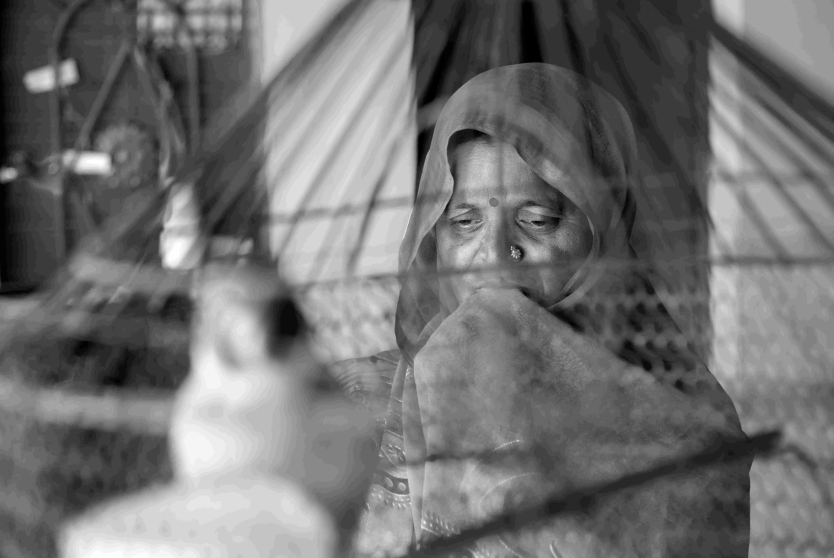
It’s been over four years now Betibai works with the municipal corporation. Initially, for over 10 years, she along with her sister-in-law Manju, used to visit the houses to clean dry latrines with their bare hands and tin dabbas, however, now they have stopped now because people have built toilets and very few use dry latrines. This, they said, with a slight relief as now that they work with Nagar Palika, they at least get gloves and tools.
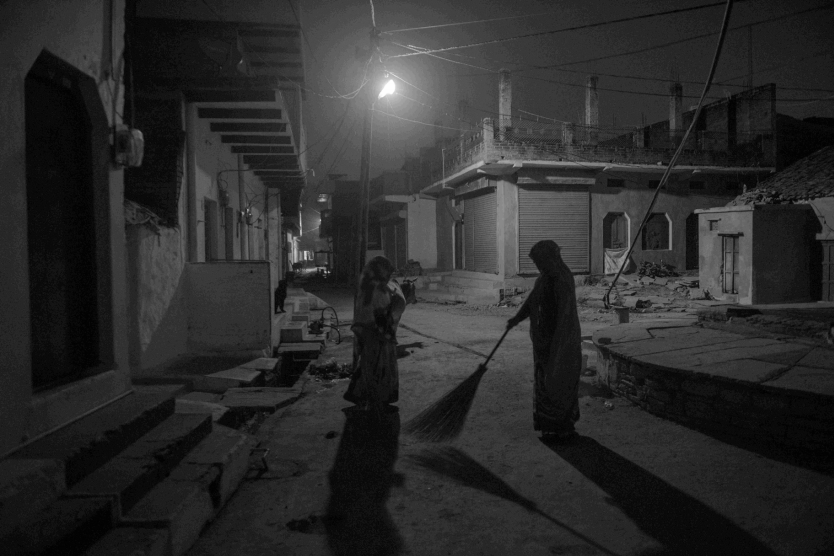
They work in two shifts, 4 am to 10 am and from 2 pm to 5 pm. They earn on an average Rs 4,000 per month, but in cases where they ditch work or are marked absent for delay, they get Rs 3,000 or less. However, with their husbands working in the corporation as well, they manage their households with approximately Rs 10,000 per month.
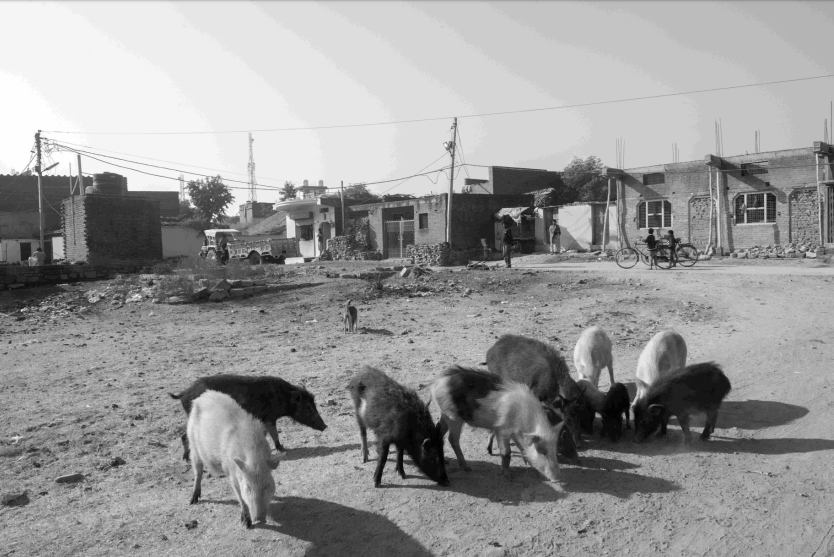
Betibai, Manju and other neighbouring women were sitting on a freshly painted stone porch at the entrance of the house while the men had gathered around. Their tanned, gnarled hands and body speak of the years of hard work they had put in their thankless job. Most of the adolescents in the school have dropped out and were whiling away their crucial years of education. They were seen lingering around in the house. When asked why so, Manju Valmiki says, “We don’t have funds to continue their education in private school besides, they too show no interest in studying.” Adding further, 24-year-old Ajay Valmiki, one of the active members of the community who has completed double Masters in Science and Social Work, says, “Even child of our community faces discrimination in Anganwadis and schools. This results in high dropouts, especially in this community. Our children are heckled and made to sit on the floor while the upper caste children get the privilege of using the benches.” Ajay wants to pursue teaching and help his community grow and educate. His main concern is how there is no proper education in his community which also hits the rehabilitation. “With prevalent discrimination and no proper education, this community has a long way to go when it comes to rehabilitation. We, youngsters, are making an effort in every possible way, however these are the major loopholes which need to be fixed urgently,” says Ajay whose parents still work in the corporation. About the health issues, Betibai says most of the women here suffer from Asthma and malaria for having exposed to the dust and garbage for years. When asked if they get any medical allowance or assistance, Laxmibai, another woman who works with the corporation for 10 years along with Betibai and Manju, says, “All they do is, mark us absent and deduct our salary if we call in sick, let alone any medical allowance. Once or twice a year we go to government medical camps, but those too, are for the sake of it.” They were made aware of the financial assistance they would get once they decide to quit this job through the survey conducted by Safai Karmachari Andolan under the aegis of National Safai Karamcharis Finance and Development Corporation. However, they did not see any positive outcome after the survey was conducted.
Also see: Photo Essay: Including the Excluded – Part 7
Manju Valmiki adds, “The discrimination is such that even if we try to change our lives by maybe opening a small grocery store or tea stall here, it won’t work. No one would come to our shop because we are Valmikis. They say that we should do what we are meant to do; that is cleaning dirt.” Shivani says, “Even if we set up a tailoring shop, people don’t accept us in the first place. Not a single girl from our caste does any job here except this traditional one.”
*Sudharak Olwe is an Indian Social Documentary Photographer. In 2016, he was conferred the Padma Shri, India’s 4th Highest Civilian Award by the President of India, in recognition of his valuable and tireless work.




